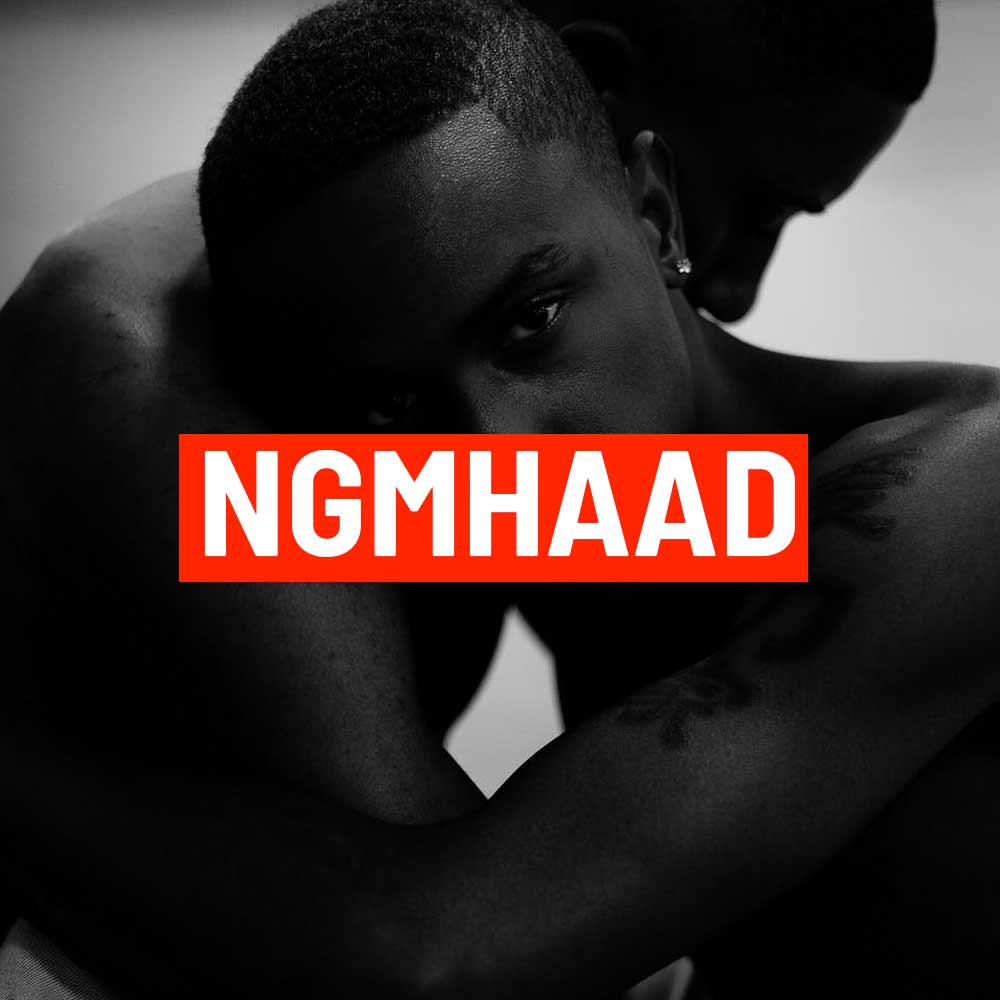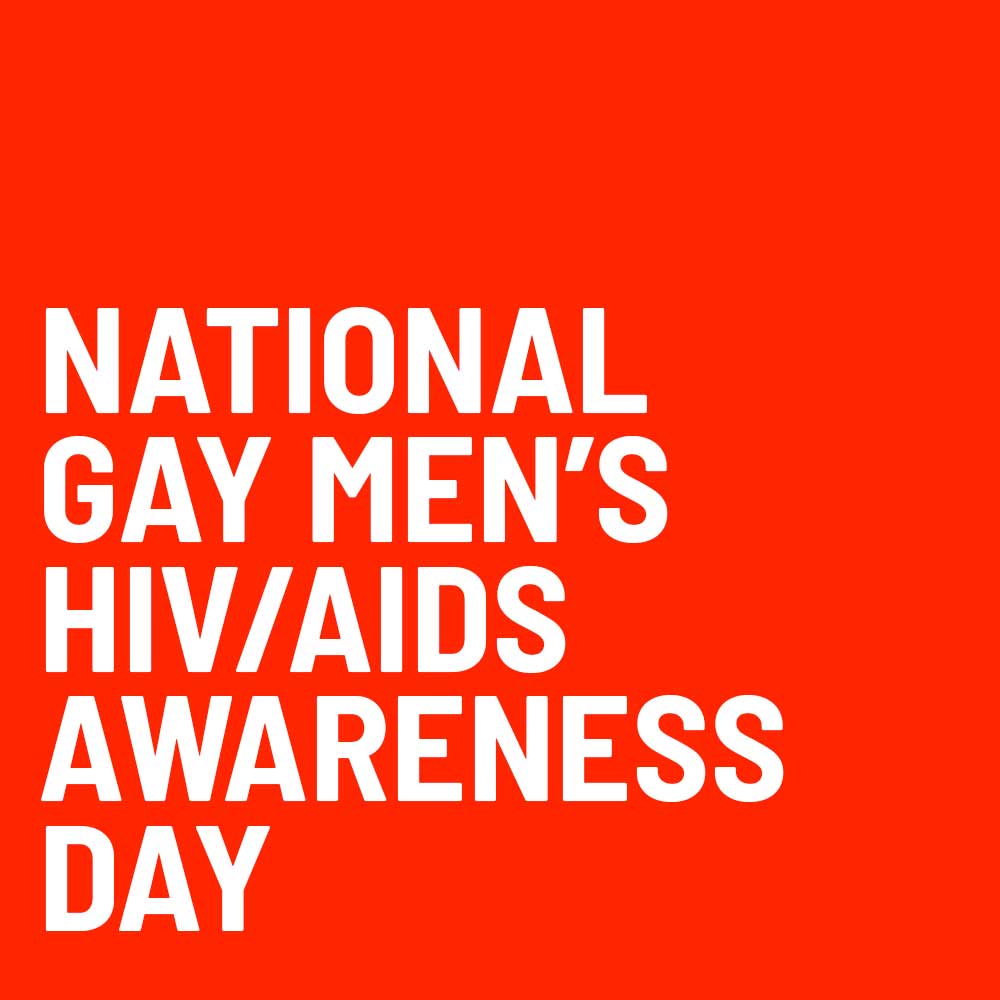National Gay Men’s HIV/AIDS Awareness Day Toolkit
Since 2008, on September 27th, we have observed National Gay Men’s HIV/AIDS Awareness Day (NGMHAAD). NGMHAAD exists to encourage open conversations about preventing HIV and to shine light on the virus’ disproportionate impact on gay, bisexual, and same gender loving men. This year, we need more than recognition. We must go much further. What do I mean?
1. Debunk the Myth
There’s a dangerous myth that Black people have higher rates of HIV because we engage in riskier sexual behavior. That is false. Because this lie is perpetuated by the medical community, we have to be vigilant about debunking the myth wherever we find it. Black people are not suffering health disparities because of hypersexual behavior. We contract HIV at higher rates because we can’t count on our healthcare system. While only representing 12 percent of the U.S. population, Black men and women account for 43% of all HIV infections. Why? We have a healthcare system built on structural racism and full of poorly trained, biased caregivers. Quality insurance is too expensive and when Black people seek care, we struggle to find people truly invested in our health and longevity. Right now, PrEP, the medication that prevents contracting HIV, can cost $1,300 per month for people without insurance.1 For many, this is untenable. It must change.
2. Prioritize Prevention, Support Management
Preventing the spread of HIV is multifaceted. It requires making sure people have the medically accurate information, communication tools, and access to care they need to make informed decisions, seek support without abuse, and act on urgent health concerns quickly. It’s important to
remember, too, that people living with HIV can be healthy and live long when they have access to resources, medication, and quality care. To achieve better health outcomes for Black people living with HIV or who might contract the virus, we need to be armed with accurate and destigmatized information about HIV prevention and management. Until we can count on our healthcare system, we need to count on each other.
3. Demand Better
What we need is a system that will ensure Black people can show up as our whole selves in our interpersonal and intimate relationships. Black gay, bisexual, and same gender loving men make up the highest number of HIV infections annually, so we have work to do. As we continue designing a world where Black people are not disproportionately impacted by health challenges, including HIV/AIDS, it’s important that everyone plays a role in finding solutions to this enduring epidemic—there are no lay people in the effort to build the reality we deserve.
We know better, let’s do better. Start Talking. Stop HIV. Vote


